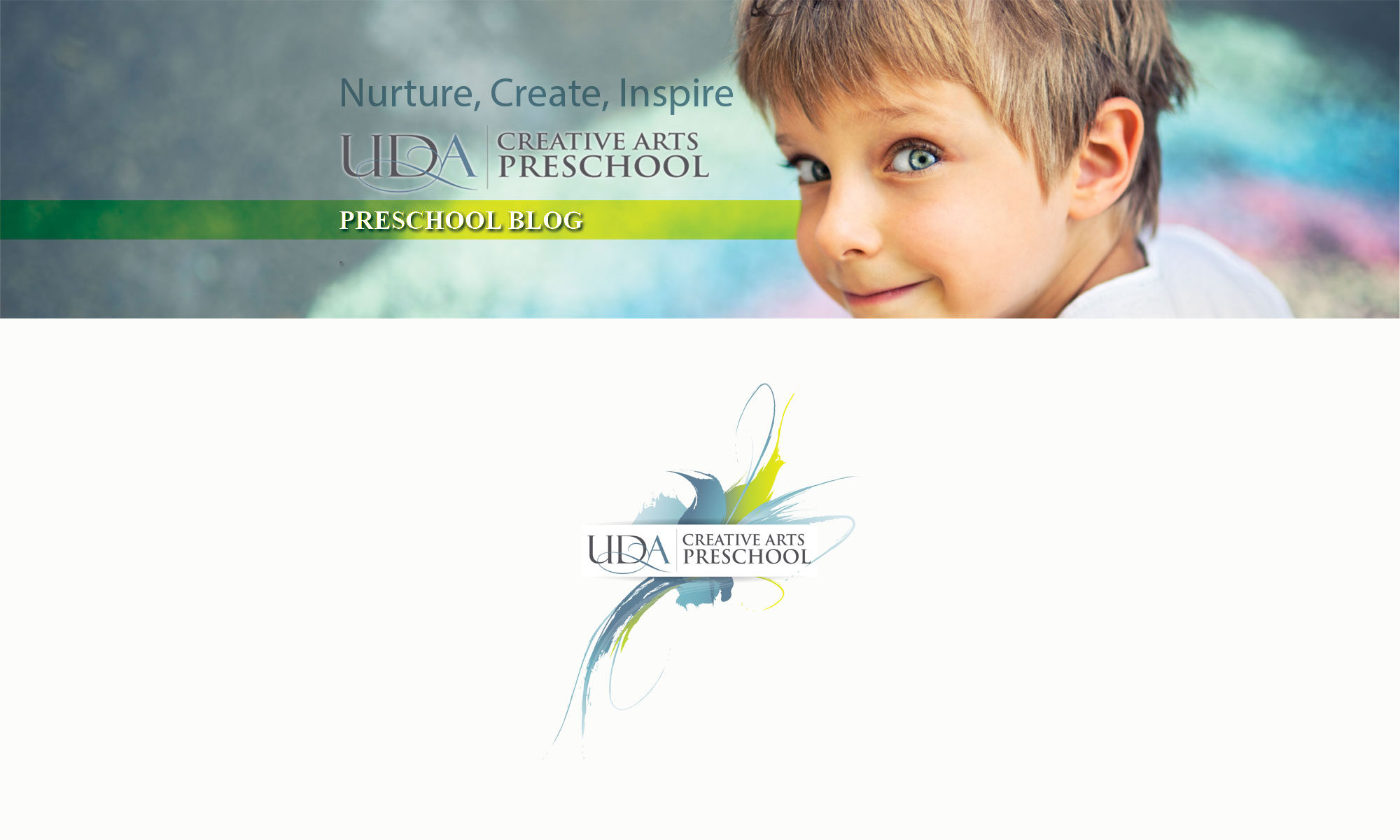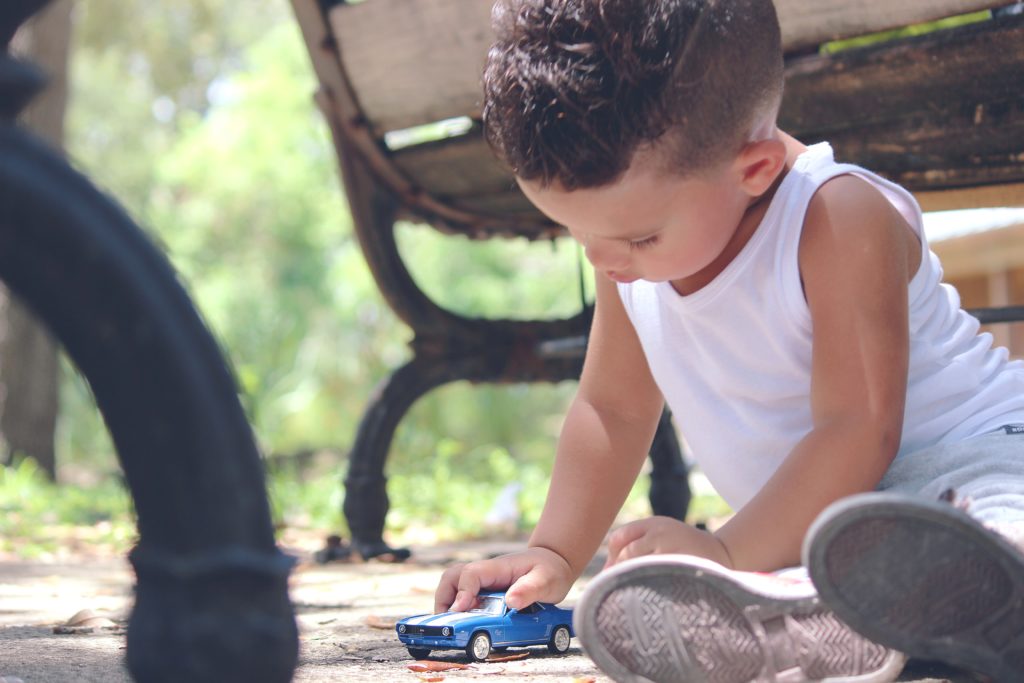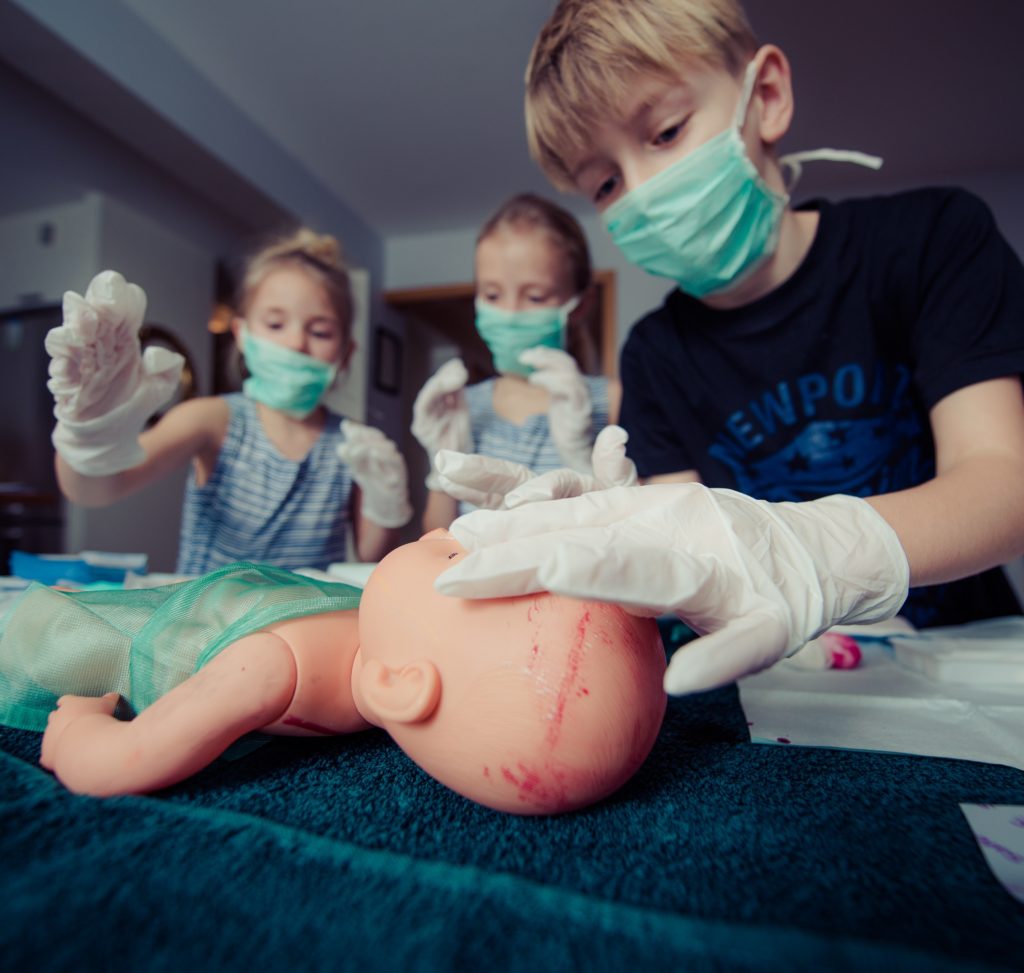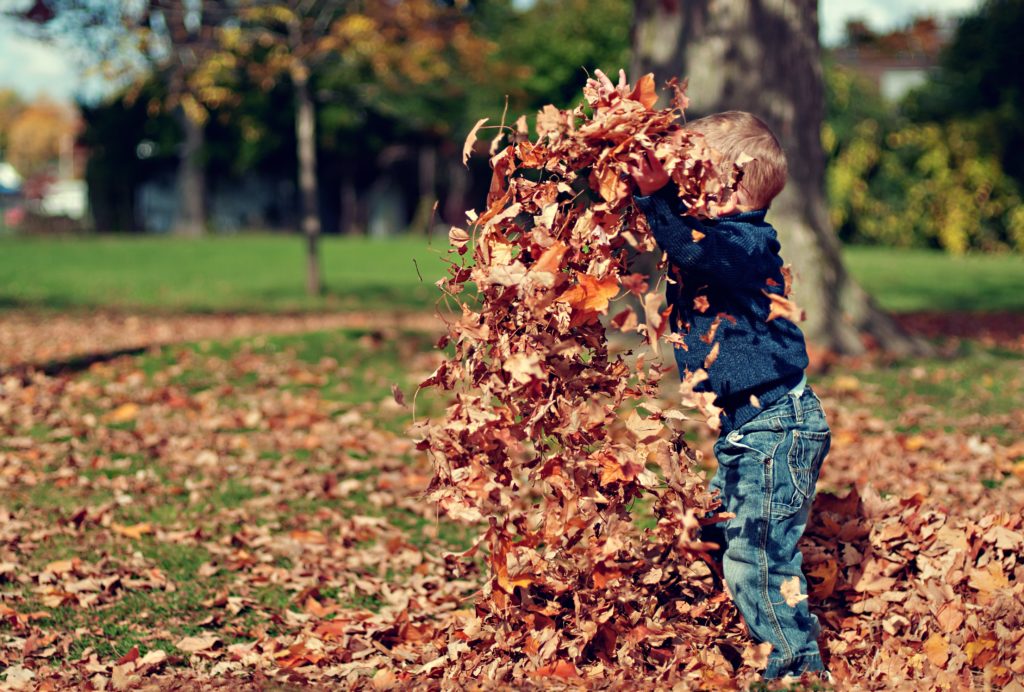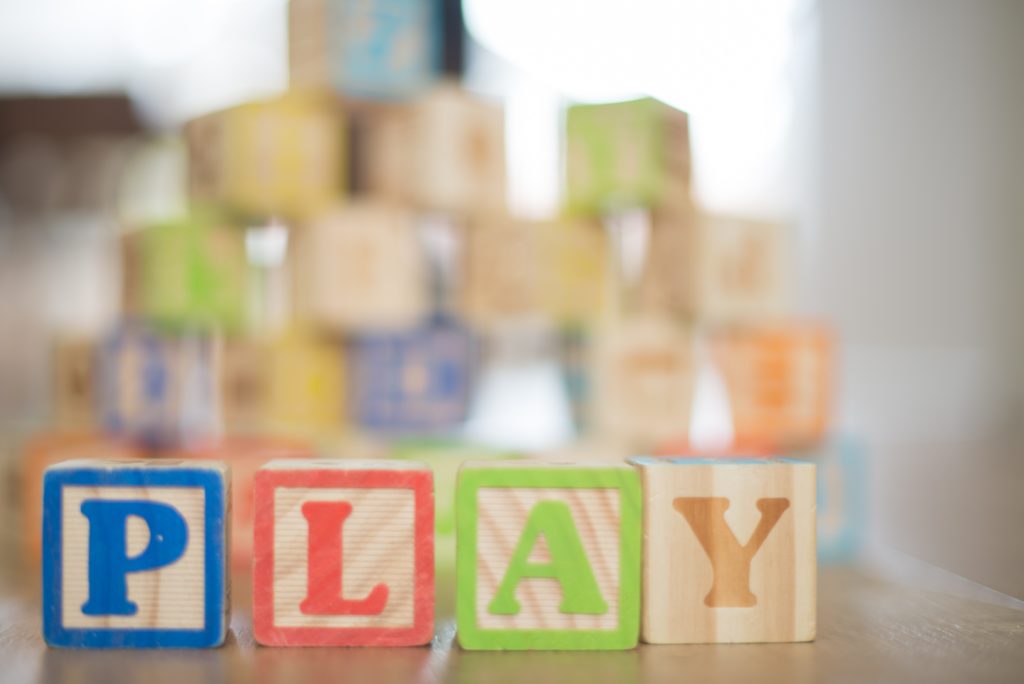 You know your child is happier when she’s allowed to play, but is she getting all her learning needs met? Is she getting ready for kindergarten? Certainly, she should sit down with some worksheets so she can learn to read and write, right?
You know your child is happier when she’s allowed to play, but is she getting all her learning needs met? Is she getting ready for kindergarten? Certainly, she should sit down with some worksheets so she can learn to read and write, right?
Actually, while structured learning has its place, one of the best things you can do to get your child ready for kindergarten and help him build a better brain is to allow for play.
Play-based learning is one of the best gifts you can give your child. The bonus is that play will help your child get ready for kindergarten — even if it doesn’t look like it on the surface.
Yes, play will even help your child with reading, writing, and arithmetic.
Kindergarten Readiness Skills That Are Developed Through Play
When your child and her friend don pirate hats and go in search of hidden gold, they are developing essential kindergarten readiness skills.
They’re building social skills — negotiating, adapting, taking turns, listening, sharing, problem-solving, and more — which allow them to be more confident. These skills also set them up for more success in academics. A confident child won’t struggle to ask for help or reach out to other children. He’ll also learn from his mistakes.
In fact, children who attend schools with play-based programs even score better on measures of cognitive flexibility, working memory, and self-regulation — all skills that will help them in the kindergarten classroom… and beyond.
Play also fosters creativity, which fosters both a love of learning and a motivation to learn. No matter how well your child picks up the functions of ABCs and 123s, she’ll need motivation to learn if she’s going to be successful with her knowledge.
Down with Drills
Many of us were taught important concepts with drills. We used flashcards, worksheets, recitations, and more to have concepts hammered into our heads. And while we may have learned some concepts through memorization (and fear of getting them wrong), did we actually take those concepts into ourselves and learn how to use them in real life?
Drills teach children there is only one right answer. This leads to fear of getting the wrong answer, stifled curiosity, and shame and embarrassment for having questions.
When your child is learning to read and enjoy books, do you want stifled curiosity and fear to be the leading emotions in their brain?
Instead, play-based learning allows your child to approach new letter combinations with curiosity and interest. It allows your child to form connections between numbers and their concepts. Reading and math become something that is a fun experience. It’s something that applies to your child’s life, and they can feel confident in their abilities.
Social-Emotional Development — Let’s Be Friends
Don’t underestimate the importance of a healthy social-emotional development in your child’s academics.
Yes, reading, writing, and math are critical life skills. And yes, your child is going to be tested on those for the next 12 years. And yes, the results of those tests are going to influence your child’s college acceptance and future jobs.
Academics are important.
But we tend to focus so strongly on academics (those pesky test scores) that we don’t give enough credit to the other crucial areas of our children’s development. Social-emotional development is actually a crucial component of your child’s academic development (not to mention your child’s holistic development).
Play is one of the best ways for children to develop socially and emotionally. They learn to imagine different perspectives, understand other viewpoints, and how to interact with people who are different.
Children “try on” different lives and roles, coming to understand their world on a new level. Friendships and confidence are developed. They learn to resolve conflict.
And they become empowered in their own decision making, learning to trust their own brains.
Plus, play reduces stress!
Cognitive Development — Building Better Brains
Because we live in a test-based society, academics are of utmost importance to most parents. Fortunately, cognitive development — or the ability for your child to use her intellect — is developed and strengthened through play.
Children learn language and solve problems through play.
They also use math concepts (exchanging money while playing grocery store).
Children build literacy skills (telling stories with beginning, middle, and end, using symbols to represent something else — a key to reading and writing, etc.)
And they even discover science concepts (experimentation: what happens if I do this?, observation, cause and effect, physics of movement, etc.).
Physical Development — It’s Just As Important!
We know we need to make sure our children exercise. But formal, structured exercise is not the only way to go. Play develops both gross and fine motor skills, helps children understand where their body is in space, and gets them moving in fun ways (so they will want to continue!).
Through play, children come in contact with many tactile experiences, helping them understand their world on a deeper level.
They build their muscles and coordination as they run, hop, skip, climb, and more during active play.
Parents, Relax
If you’re worried about your child’s academic readiness for kindergarten, you aren’t alone. But instead of stressing out, purchasing boatloads of flashcards, and finding a tutor for your child, sit back and let your child play.
Worry less about whether your child can read and write, and look at your child’s skills as a whole. She has many attributes that are going to help her be successful. Value her imagination, problem-solving skills, creativity, and energy as much — or more — than her academic skills. These are the skills that are going to help her be successful in life — and in academics.
The more she plays and develops confidence through play, the better she’ll be able to handle everything that is expected of her in life and school.
Play is not a waste of time. In fact, it’s the best way your child can occupy their time.
How to Help Your Child Play
- Give your child open-ended toys. Items like blocks and dress-ups can be used in countless ways.
- Let your child have open-ended play. Don’t try to guide them to learn a lesson. Let him play how he wants.
- Play with your child. If you struggle with open-ended play, you can start by playing more structured games (Simon Says; puzzles; Duck, Duck, Goose). In open-ended play, don’t worry about doing it right. Just follow your child’s lead. When you don’t know what to do, ask your child! “What does Princess Mommy do next?” Your child will tell you, and it won’t be as hard as you may have thought.
- Read stories together, and talk about them. Your child might incorporate elements of the stories into their play.
- Sing! Learn a few rhyming songs, and sing them while you go about your day. They helpyour child learn concepts and language skills that can be brought into play.
- Go on family field trips to places that encourage play — the playground, discovery museums, the children’s library, and more.
- Get outside. Provide your child with fun outside toys like bikes, jump ropes, hula hoops, and chalk.
Everything we do at UDA Creative Arts Preschool in Draper, Utah revolves around play. Our children thrive in this environment, learning crucial skills that will help them in kindergarten and beyond. To learn more or schedule a tour of our preschool, give us a call at (801) 523-5930, or contact us online.
